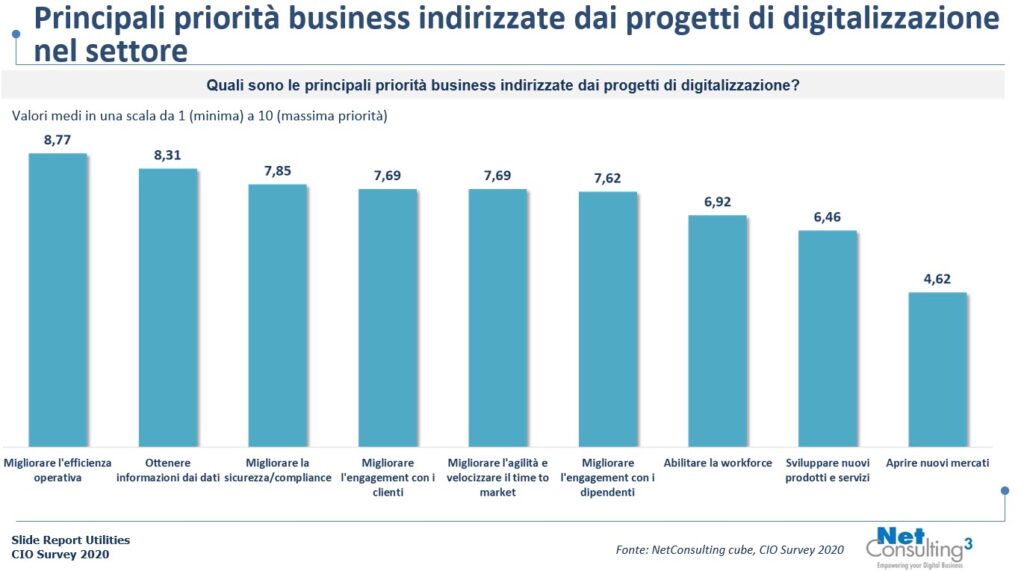
The growing market for internal consulting is evident. Many companies are now investing in their own advisory teams to make savings on the costs of hiring external consultants. As companies seek to develop the best human resources in-house, this strategy is becoming more professional. Some companies are even offering employees flexible consulting roles as part of a wider career development program. This form of consulting will become more common as it becomes more popular.
Job descriptions
You must clearly define what the job description will look like for internal consultants. A job description should include a clear statement about the problem or issue you will solve. The description should also convey your company's values. Here are some tips to help you write a winning description. It's important to ensure that your job description is both concise and well-structured. Here are some guidelines for creating a job description for a consultant.
As an internal consultant, you'll need to have strong consulting skills and knowledge of your company. Additionally, you will need to be proficient in core areas of consulting such as Six Sigma and process improvement. Furthermore, you need to communicate well with diverse stakeholders and form relationships with leaders. These skills will allow you to work across organizations and various support functions, serving as an executive business partner to senior managers. A variety of technological, business and other challenges will be addressed.

Personal traits required for internal consultants
Internal consulting jobs require people to have the ability to change direction and facilitate change. These individuals must have the ability to communicate and build strong connections. They must also be able to deliver more than the client expected. This article will explore the personality traits that are crucial to this career. Here are some examples to show you the skills necessary for internal consulting jobs.
Effective internal consultants require a personable personality. The ability to manage office politics and deal with internal problems is crucial for an effective internal consultant. They must be self-aware and optimistic.
Skills required for internal consultants
In order to succeed in internal consulting jobs, you need to possess a certain set of skills and attributes. You will need to be creative as well as able use logic and critical thinking to design strategies and programs. After implementation, you can adapt these to suit your needs. You must be able to analyse data and analyze organizations. You should also be familiar with organizational structures and systems.
An internal consultant should have the ability influence and persuade others. He or she must be able present ideas to senior leaders and convince them of their merits. He or she must also be able communicate clearly and concisely. Finally, the internal consultant must be sensitive to other people's opinions and take constructive criticisms in stride.

Work as an internal consultant and enjoy the perks
Many benefits can be gained by working as an internal consultant. The first is that you get the unique opportunity of understanding the internal processes of a company. The vertical integration of a business is also possible. This type of consulting is less expensive than external consultants. You can also use an internal consultant whenever you need them. In addition, being an internal consultant allows you to develop valuable relationships within the company.
To bring about change, you will work with different teams in the company. You will need to have strong working relationships, listen to and respect others' opinions and concerns. It is important to be able give more than you promised, and to do so on time. You will be more successful in implementing business change if you can contribute value to your client.
FAQ
What are the benefits of being a consultant
As a consultant, you can usually choose when you work and what you work on.
This means that you can work when you want and wherever you want.
You also have the freedom to change your mind at any time without fearing losing your money.
You can finally control your income and create your own schedule.
Do I need to seek legal advice?
Yes! Consultants often create contracts with clients without getting legal advice. However, this can lead to problems down the road. What happens if a client terminates the agreement after the consultant's completion deadline? What happens if your consultant doesn't follow the contract deadlines?
It's best to consult with a lawyer to avoid potential problems.
How much does it take to hire a consultant
Many factors go into determining how much it costs to hire a consultant. These include:
-
Project size
-
Time frame
-
Scope of work
-
Fees
-
Deliverables
-
Other factors to consider include location, experience, and other considerations.
What contracts are available for consultants?
When consultants are hired, they sign standard employment agreements. These agreements include details such as how long the consultant will stay with the client, what he/she can be paid, and other important information.
Contracts specify the area of expertise that the consultant will specialize in and the amount they will be paid. A contract may state that the consultant will deliver training sessions or workshops, webinars, seminars and other services.
Sometimes, the consultant agrees to do certain tasks within a given time frame.
Consultants often sign independent contractor contracts in addition to their standard employment agreements. These agreements allow the consultant not only to work for himself/herself but also provide payment.
Statistics
- Over 62% of consultants were dissatisfied with their former jobs before starting their consulting business. (consultingsuccess.com)
- So, if you help your clients increase their sales by 33%, then use a word like “revolution” instead of “increase.” (consultingsuccess.com)
- 67% of consultants start their consulting businesses after quitting their jobs, while 33% start while they're still at their jobs. (consultingsuccess.com)
- Over 50% of consultants get their first consulting client through a referral from their network. (consultingsuccess.com)
- According to IBISWorld, revenues in the consulting industry will exceed $261 billion in 2020. (nerdwallet.com)
External Links
How To
How do I find a good consultant?
Knowing what you need from your consultant is the first step to finding a qualified consultant. What do you need them to do for your website? Do you want them to optimize your site to rank higher in search engines? You might also want someone to help you determine if your hosting provider is in trouble. After you have decided what services you need, it is time to start looking at potential companies. There are many consultants out there who claim they can provide these services, but only a few actually live up to their claims. How do you choose the right consultant? Here are some tips to help you choose a consultant.
-
Get recommendations. This is the best way to select a consultant. Hire someone you don't know because they're likely to charge too much. You also don't want someone with a poor reputation to work for you. If you have the good fortune to get referrals from trusted people, great! You might also be able to find reviews online even if there are no referrals. You can find testimonials and case studies from clients who have used your service.
-
Ask around. Many people aren't aware that they could benefit from hiring a consultant. They think that since they're currently doing fine, they don't need to make changes. However, this is usually untrue. Even if you are seeing great results, it is likely that you have not been keeping up to date with technology and trends. Your business could be missing out if it relies on outdated methods. It is always worthwhile to ask around for recommendations of good consultants.
-
Make sure to verify their qualifications. No matter how small your project is, it's important to ensure that the consultant you choose has the necessary skills. You need to ensure that the person you hire is qualified to do the job and has sufficient knowledge in the subject.
-
Find out about the types of projects they specialize. This is false. Some areas require specific types of training or education. You won't hire a Drupal developer if you need to build a WordPress template. The same goes for graphic design, programming languages, etc. Be sure to ask what kinds of projects they typically work on.
-
Know what they charge. As we stated, you don’t want to pay too little for a consultant. You don't necessarily want to pay too low, but you shouldn't either. Consultants come in all shapes and sizes. Some bill hourly, while others are charged per project. It's cheaper to know upfront what you are paying than later.
-
What do they offer? Are they providing free consultations? Can they provide advice on how to setup your own system? Is it possible to be sure that your site ranks higher when you work with them If you don't like what you hear during your consultation, you should feel confident knowing you can cancel without penalty.
-
You can also find out if they offer discounts on multiple months or over years. Many consultants offer discounted pricing for extended time periods. You may not need to commit to a full year, but you may also take advantage of whatever deals they offer.